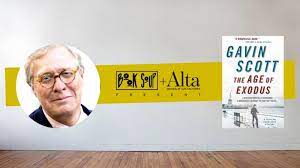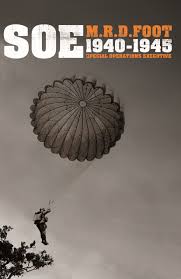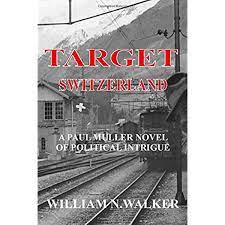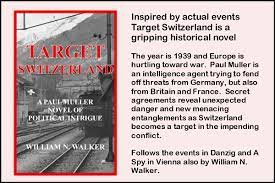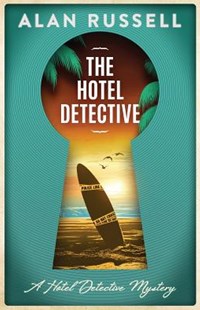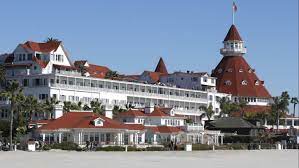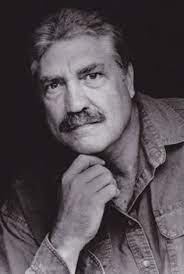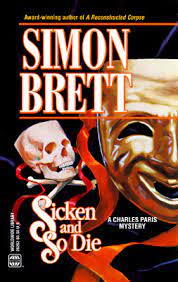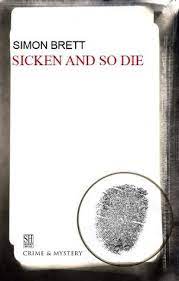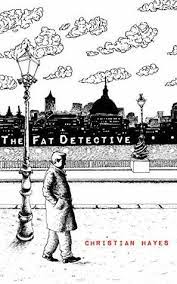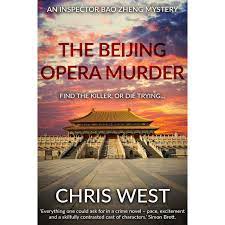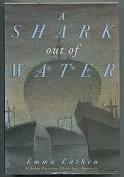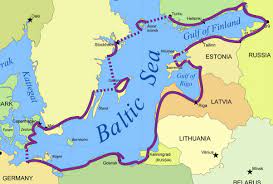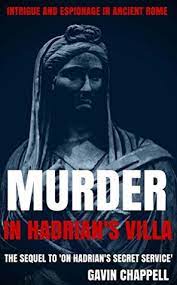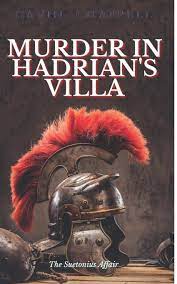Goodreads meta-data is 209 pages, rated 3.83 by 24 litizens.
Genre: krimi, historic
Verdict: Go, Leo!

During the brief hey-day of the Florentine Republic (1494-1512) Leo from the nearby village of Vinci is in town, having worn out his welcome in northern Milan. His arch-rival Loud and Lout Mike has just finished the anatomically detailed David to much acclaim. Basking in the limelight, Mike slangs off at Leo just for fun. This has nothing to do with the plot but enriches the ambience, or so the author must have supposed. Some may find it a distraction. ‘Some’ gets my vote. Mike was a lout, to be sure, but who cares.
Leo has signed a contract, another one, to devise, prepare, paint, and complete a wall size mural memorialising a great Florentine victory Battle of Anghiari (1440). Since there haven’t been many such victories the pictorial representation is all the more important. But it is like just about everything else Leo did, incomplete. While he is busy not finishing this public commission, a Florentine functionary puts him to work on a different job.
That minor official is in these pages a Big Man on the Campanile (BMOC), one Nick Machiavelli. Turns out these two are old buddies and the next project is to divert the River Arno from tiresome Pisa so that the tower will fall over or something. To calculate what has to be done and how, Leo overheats his slide rule.
Then, as if that were not enough, a series of foreign merchants having come to Florence on business are found murdered. More anatomical detail follows. A lot. Dead buyers are not good business, and something has to be done. Leo has to (1) finish the giant painting, (2) divert the Arno River, and (3) find the culprit. Would a genius really get in this situation?
Nick, too, decides to investigate, but not before much of his anatomical detail is set before the reader. Much. Too much.
The conceit of this series is that Nick has an illegitimate daughter called Nicola who is an offsider of sorts for Leo when he dons the deerstalker. Now we get a great detail of Machiavelli backstory as it concerns Nicola.
Goodness me. It is all too much like a Hollywood film, ‘based on a true story.’ The Nick fiction follows. In these pages Nick is a force in Florence, he is rich, he is powerful, he may be no David but he has all the same gear which is displayed more than once for the edification of the reader. The tiresome pedant in me requires that I say he was never any of those things. (Though of course I don’t know about the gear.) He served at the grace and favour of his betters. He did not ascend the hierarchy in his fourteen years of dutiful service. No promotion in a a decade and a half. Not a stellar performance. He was never rich by any stretch of the definition. He was never so secure financially, socially, and politically to be the swagging BMOC he seems to be in these pages. He prospered as the client of the patrons Piero Soderini and, to a less extent, the two Franciscos Vettori and Guicciardini. When they could not or would not help him, he sank without a trace. That is when he took up the quill and quire.
It is true that Machia must have met Leo at least once, since it was Machia who signed the contract for the Republic to commission the painting. It is possible, even likely, that Machia interested himself in the Arno project, too, though his status was too low to make him a driver of it. Finally, they were both in the orbit of Cesare Borgia for a few months and likely met there, too.

Whew! That said. this is a diverting work on fiction and the license to create is valid so I rolled with it. If I had tried to do something like this, well, it would have been a right mess, and quibble though I may there is a sure hand at work here on the keyboard. I found it diverting but I got lost in the plotting of who dun’it at the end. Apart from the liberties with Nick, the author is a master of the period detail and makes good use of it, though much of it is not to my taste. Still it is well done.
I paused when at one point when Machiavelli asked Leo for an itemised bill for his services. Would that be written back to front with the left hand while munching a carrot? Would Leo ever finish even this invoice?
Leo never finished anything, including his afterlife for he has also been busy in George Herman’s series which includes, A Comedy of Murders (1994), Tears of the Madonna (1996), Artists and Assassins (1998), The Florentine Mourners (1999), and more. Nick is around in these pages, too.
However, Leo is not to be confused with the clichéd Da Vinci’s Inquest (1998+) from Vancouver. Nor did he have anything to do with that code.

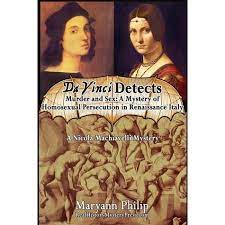
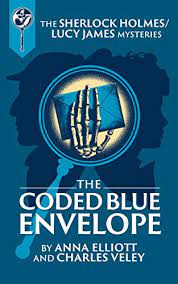
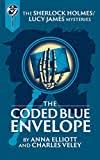
 While I am impressed by that productivity, I have to say that it shows. Tired and trite. Maybe my Holmes addiction is in remission.
While I am impressed by that productivity, I have to say that it shows. Tired and trite. Maybe my Holmes addiction is in remission. 
